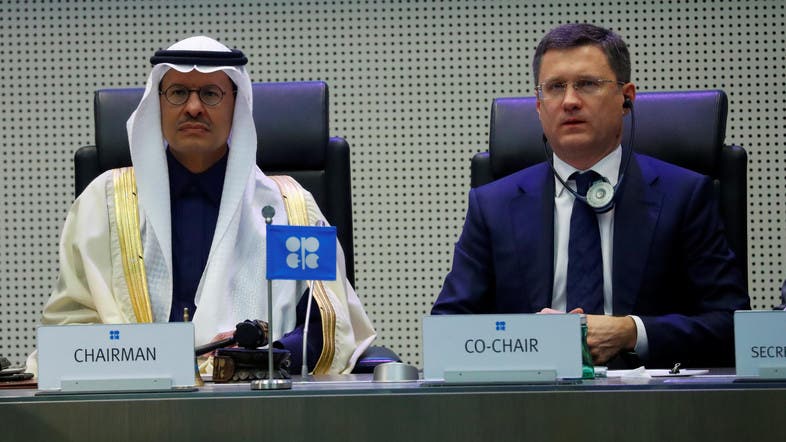
Commentators are turning to the past to help forecast the effect of Saudi Arabia’s decision to slash oil prices and the arrest last week of senior members of the Al-Saud family
But history is being echoed in these events, not repeated.
For the oil market, 1986 is the most compelling parallel. Then, Saudi Arabia rebelled against its self-appointed role as swing Opec oil producer and unilaterally lifted output. Prices fell to under $10 a barrel as a result. At the end of that year, a new and lasting Opec deal was put in place by a new Saudi Arabian oil minister.
Riyadh had several motives including the need to contain Iran which in 1985 was winning its war with Iraq. A year later, the US flag was hoisted over Kuwaiti tankers carrying Iraqi crude and Washington in effect joined the fight against the Islamic republic. Tehran sued for peace in August 1988.
This time there are two targets. The primary is the Russian oil industry. But America’s shale oil producers are also in Riyadh’s cross-hairs. A further difference is that this crisis has been precipitated by the unfolding oil demand shock caused by the global coronavirus panic.
For a credible new oil deal to be secured, it will require explicit blessing from Moscow and at least tacit support from Washington. And, like in 1986, it will involve at least some concessions from Riyadh.
The obscure developments in Riyadh are reported to involve the detention of Prince Ahmed bin Abdulaziz, son of the kingdom’s founder King Abdulaziz, former interior minister and crown prince Mohammed bin Nayef and one of his brothers.
Connoisseurs of Saudi Arabian history seek lessons from the stand-off between King Saud bin Abdulaziz and Crown Prince Faisal which eventually led to the latter replacing the former in 1964.
But then, the discord at the top of the ruling Al-Saud family was mainly limited to Kind Saud’s children. In 2020, the split seems to be between the man who would be king and many of his kin.
So what’s just happened has no precedent. Its impact on the kingdom and the global economy can’t yet be defined or quantified.
Optimists argue that stability will be restored to world energy markets in due course. And Saudi Arabia’s status as the Middle East’s most influential nation will be fittingly celebrated this autumn when Riyadh hosts for the first time a G20 summit.
They are probably right, but not because we’ve seen it all before.